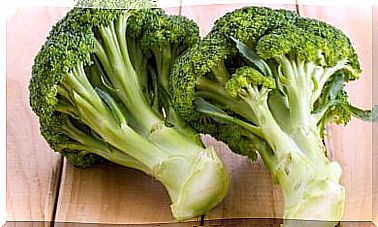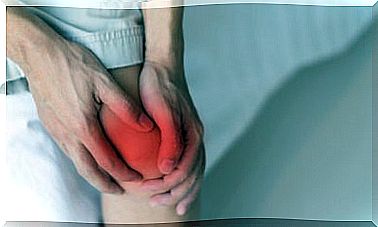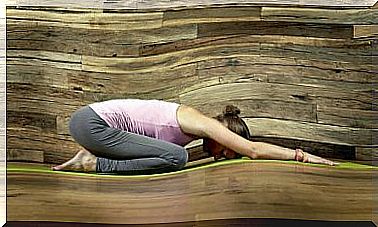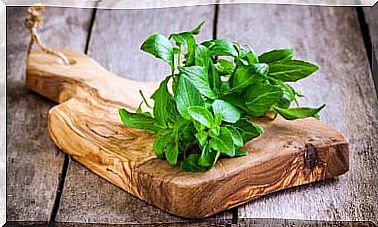9 Simple Tips To Avoid Overeating
To avoid overeating, control ourselves without starving and enjoy food, we just have to follow some simple tips. Discover in this article the 9 tips to eat the right amount without gaining weight, reducing the waist and improving digestion.
Remember that one of the bases of a healthy diet is that it be balanced. This means that we must provide the body with the calories it needs, since otherwise we may experience an increase or decrease in weight, sometimes unwanted.
Avoid overeating without starving
Whenever we talk about controlling the amount of food we eat, we think of sacrificing ourselves and starving.
However, we can do this by changing some habits and correcting mistakes that make us eat more than we need. In this way, we will avoid later regrets and we will achieve a balanced weight.
1. Start meals with water

Drinking a glass of water half an hour before each meal helps us activate the digestive system to better assimilate food.
In this way, we also reduce hunger a bit and eat with less craving. We will also avoid eating faster. We will do it more slowly, choosing the most appropriate foods and without thinking that the world is going to end.
2. Use small plates
If we use too large plates we will need to see them more full of food for a visual question. When we eat we need to feel satisfied in every way to avoid overeating.
To achieve this, we will use smaller plates. In this way, we can fill them without exceeding the dose we will eat. It is just the opposite of the trend of using large plates with very little quantity.
Remember that being overweight is behind the development of many serious pathologies, according to a study published in Circulation Research. For this reason, all the strategies are few when the aim is not to eat more than necessary.
3. Put only our ration
Another essential tip to control the amount we eat is to serve ourselves the right portion. We will avoid cooking more than necessary whenever possible, as well as bringing the pot or tray with more food to the table.
Many times we continue eating with the aim of not leaving anything behind or because our unconscious needs to finish what we have started. For this reason, we will serve ourselves our portion and keep what is left in the fridge. Or better yet, in the freezer, for another time.
4. “Drink the food”
It is advisable to chew your food well, to the point of being able to drink it, and that you even have to chew the drink. By producing saliva we improve the digestion of food and we fill ourselves more easily and with less quantity.
We must chew each food well, but especially carbohydrates (bread, pasta, biscuit, pizza, potato, etc.), which are the ones that begin to digest in the mouth.
5. Eat slowly and without distraction
If we chew our food well, we also contribute to eating more slowly. Thus, we will reduce the amount we need to be satisfied. It takes us 15 or 20 minutes to feel satisfied, so what we consume in that time is essential.
We must also avoid distractions such as television or important conversations so as not to eat without realizing it or in a nervous situation.
6. Beware of additives
We must bear in mind that there are some additives that can alter our ability to control food, such as monosodium glutamate.
This additive is a flavor enhancer found in many snacks, pickles, and flavorings. N will increase appetite artificially and may also have other negative health effects.
Other substances such as artificial sweeteners are capable of generating negative changes in the intestinal microbiota, according to research published in Food and Chemical Toxicology , which results in a worse state of health.
7. Choose satisfying foods
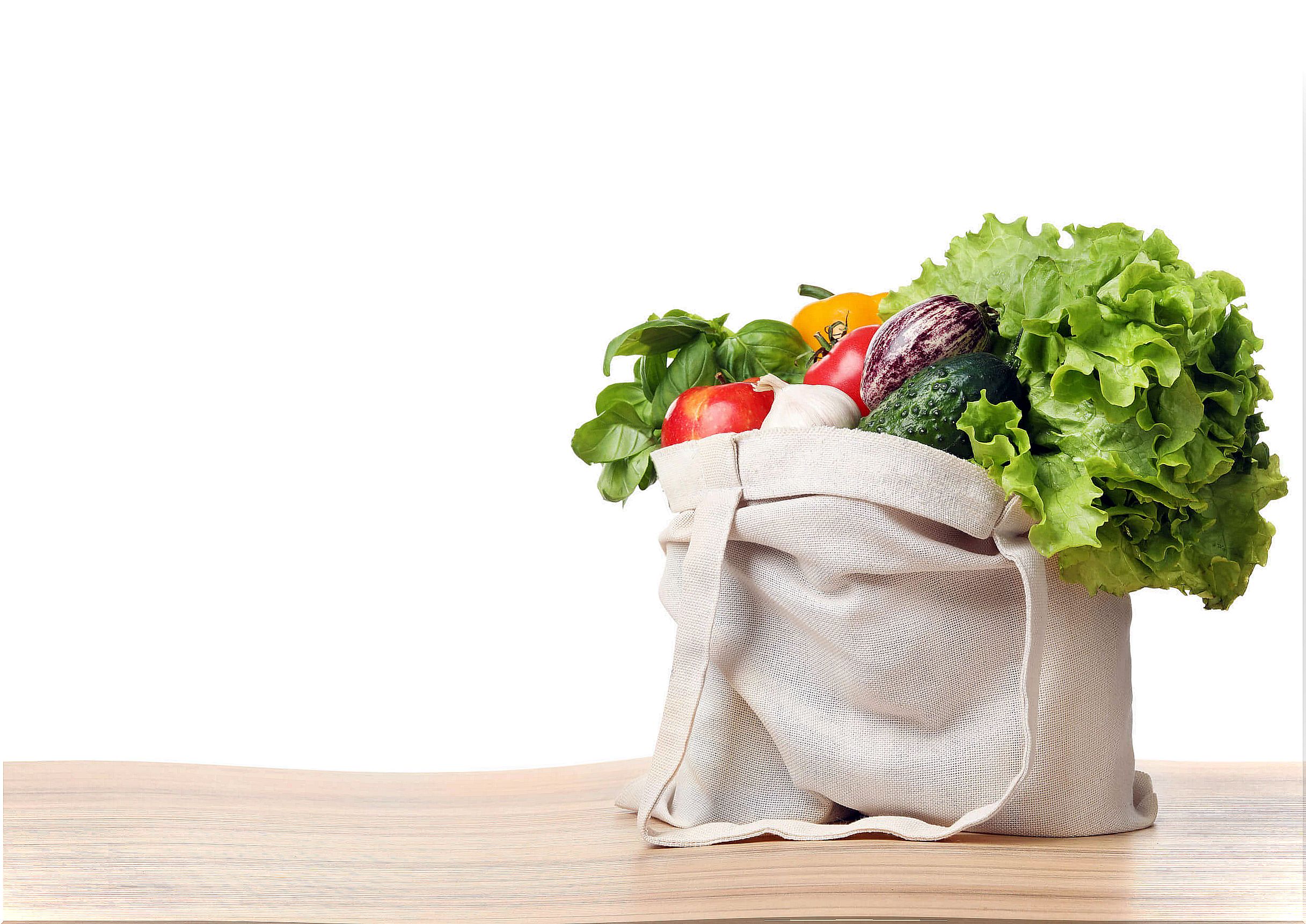
To eat fewer and fewer calories without starving, we must add more satisfying foods to the diet. The foods that have been shown to make us feel full are those that contain fiber :
- Cereals with fiber, that is, whole grains: rice, oats, rye, quinoa, etc.
- Fruit.
- Vegetables.
- Nuts, seeds and sprouts.
- Mushrooms
- Algae.
8. Know how to compensate
We can all overindulge in some food. If we have already done so, we will gain nothing with regrets. What we must do is accept it as an exception and make up for it at the next meal.
We will maintain our ration routine with measure and consistency. Guilt will only make us feel worse and not achieve our goal, so get it out of your mind.
9. Infusions as desserts
If you are one of those people who lose control over desserts and sweets, we recommend getting used to finishing meals with a digestive infusion. It can be lemon balm, chamomile, mint, anise, fennel, ginger, among others. It all depends on your personal preferences.
You can reserve the desserts for special occasions or days when you have eaten less. By becoming fond of herbal teas, you will finish the meal in a healthy and comforting way.
Try not to overeat
It is okay for you to overeat one day, but it is important that this does not become a habit. Otherwise health could be affected in the medium term. For this reason, we recommend that you put into practice all the advice that we have offered you. You will surely notice improvement.
